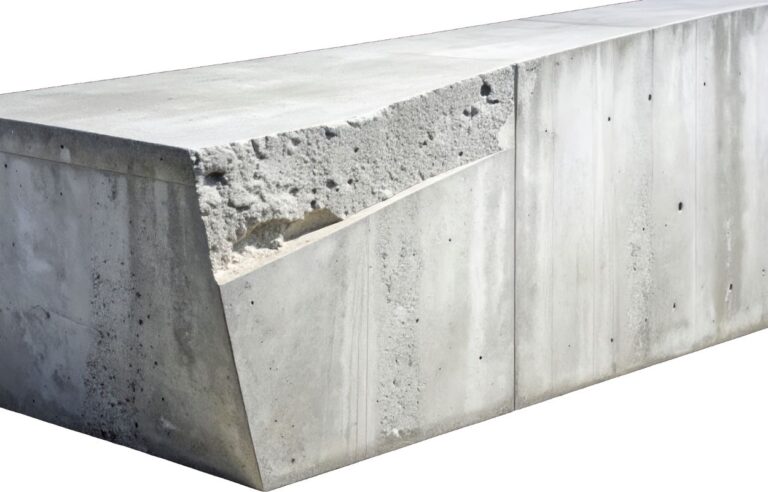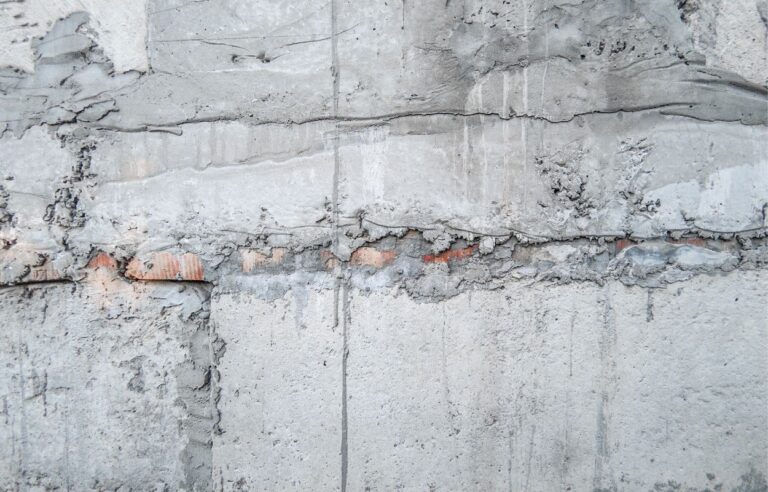
Many communities around the world have been making conscious efforts towards sustainable development and preserving the local environment as much as possible. One of the major contributors to local environmental pollution is the construction and demolition industry. These industries often leave behind a significant impact on the local ecosystems due to the disposal of construction waste and the use of heavy machinery. However, eco-friendly demolition has emerged as an efficient solution to reduce the negative impact of demolition on the environment. In this blog post, we will discuss the positive impact of eco-friendly demolition on local ecosystems and how it can benefit communities everywhere.
ECO-FRIENDLY DEMOLITION CAN REDUCE POLLUTION
Traditional demolition techniques involve the use of heavy machinery, such as bulldozers, cranes, and excavators, which run on fossil fuels. These machines typically generate a significant amount of pollution, including greenhouse gases, which contribute to climate change. In contrast, eco-friendly demolition uses non-toxic, biodegradable chemicals to break down the building materials, which minimizes the use of heavy machinery. Moreover, the demolition process releases fewer pollutants into the air, reducing the negative impact on local ecosystems. This is a crucial aspect of creating more sustainable demolition and deconstruction practices.
ECO-FRIENDLY DEMOLITION CAN MINIMIZE THE GENERATED WASTE
Traditional demolition practices often involve disposing of waste in landfills, which has a devastating effect on the environment. Landfills release methane and other harmful gases, which contribute to global warming. Potentially hazardous materials can also pollute the soil and surrounding water, which can have devastating effects on an ecosystem and those within it. In contrast, eco-friendly demolition techniques focus on recycling and repurposing the building materials, reducing the amount of waste that goes into landfills. Salvaging materials, such as wood, metal, and concrete, can reduce the negative impact of demolition on the environment and local ecosystems. Repurposing materials can also reduce the need for new construction, which further reduces the negative impact on the environment.
ECO-FRIENDLY DEMOLITION CAN HELP PRESERVE LOCAL BIODIVERSITY
Traditional demolition techniques can cause damage to local ecosystems, including the destruction of habitats, removal of trees, and contamination of water sources. Eco-friendly demolition minimizes the impact on local ecosystems by reducing the use of heavy machinery and minimizing waste. This reduction in damage to local ecosystems preserves the natural biodiversity, including plant and animal life, and protects the natural habitats of local wildlife. Sensitive habitats depend on more eco-friendly practices to ensure their longevity.
In conclusion, eco-friendly demolition has emerged as an efficient solution to reduce the negative impact of demolition on the environment and local ecosystems. Eco-friendly demolition reduces pollution by minimizing the use of heavy machinery and releasing fewer pollutants into the air. Additionally, eco-friendly demolition reduces waste by recycling and repurposing building materials, which reduces the amount of waste that goes into landfills. Lastly, eco-friendly demolition helps preserve local biodiversity by reducing the damage to local ecosystems. By choosing eco-friendly demolition techniques, we can protect the environment and local ecosystems, and work towards sustainable development.





